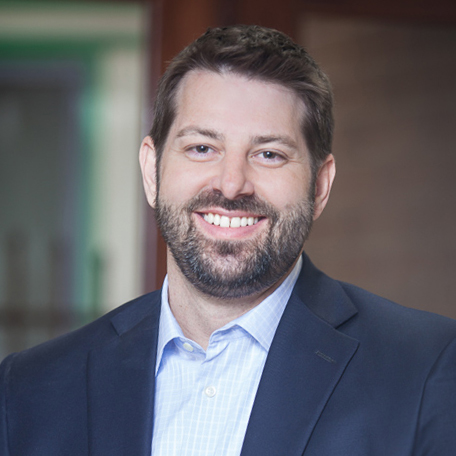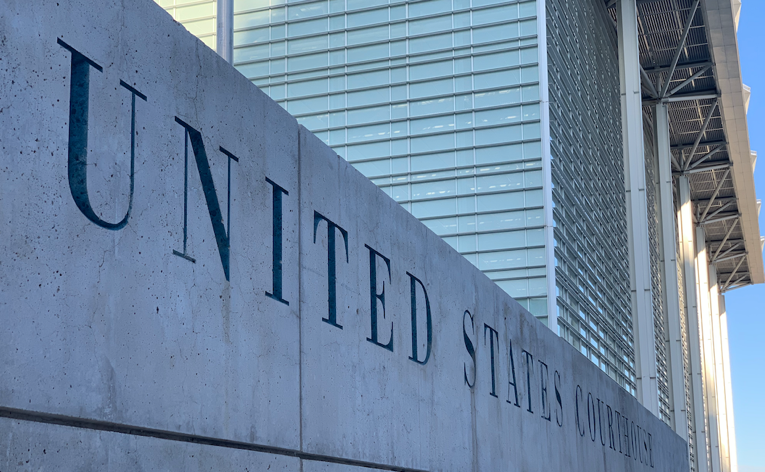Explore our background check services, including solutions for special industries.
Ah, the beginning of summer. A time when baseball season is in full swing, swimming pools open and, of course, graduation time – when 20-somethings to working adults who have spent the past several years studying so diligently finally reap the fruits of their labor. And then, conversely, there are those individuals that have purchased their degrees from a “diploma mill.”
As a human resource professional, if you are not familiar with that term, you ought to be. Why? Because the proliferation of these bogus degrees is increasingly penetrating the workplace and can have a significant impact on your company.
What is a “diploma mill”?
Simply put, diploma mills are substandard or fraudulent “colleges or universities” that offer students degrees with little or, oftentimes, no academic work. Some blatantly sell degrees and transcripts from known legitimate schools by forging authentic-looking documents. Others are clearly shams that will, for a fee, dispense degrees in a matter of days, or weeks, based on life experiences (read an amusing yet disturbing story about the pug with an MBA).
Many other diploma mills are less obvious. They may actually require an insignificant amount of effort from the student, such as submitting a paper or completing an assignment, but do not necessitate college-level course work that would otherwise be required to earn a valid degree.
The Impact on Employers
Many students who study online knowingly accept degrees from diploma mills, while others are lured into believing they are actually receiving a genuine degree of some sort. At some point, you may find yourself asking, “So was my applicant/employee duped or are they a fraud?” From the employer’s perspective, it doesn’t really matter – the effects are the same:
Woefully unqualified employees
Like Apple states in its advertising “there’s an app for that,” in the world of diploma mills, “there’s a fake degree for that.” While humorous, the possible risk is anything but. No matter your industry, bogus degrees or credentialing means employees without the proper education or training can pose a risk to your company, your customers and the general public at large. Consider the healthcare worker whose lack of skills causes harm to a patient, or the incompetent accountant who creates huge tax liabilities, or the inept engineer who designs a piece of equipment that later fails. The scenarios are endless, but given that employers can be held liable for the actions of their employees, this type of carelessness can have serious implications such as a negligent hiring lawsuit or financial catastrophe.
Damage to reputation
Having an employee that possesses, and makes public, that they have a degree from one of these institutions is not only embarrassing, it can degrade your company’s reputation within your industry and your community. The number of people publicizing these degrees is hard to believe. What’s more unbelievable are the seemingly reputable companies for which these employees work or have worked. If you are intrigued enough, go on LinkedIn and conduct an advanced people search plugging in the name of a known diploma mill and see what you will find.
Wasted financial resources
Educational achievement is commonly rewarded in the workplace. Many employers pay higher salaries to employees with advanced levels of education while others give greater consideration when deciding whom to promote. But what are you really paying for? If your decision is based on a degree from a diploma mill, the answer is nothing.
Do Your Homework (no pun intended)
Working with a knowledgeable employment screening company with proper procedures in place to combat this problem will generally prevent bogus degrees from falling through the cracks. If you choose to conduct education verifications yourself, understand the warning signs and utilize available resources. For example, when reviewing a resume or application form, any of the following should raise red flags:
- The sequence of degrees has gaps or is out of order – check the progression of degrees earned (i.e. high school/GED, bachelor’s, master’s, doctorate, etc.) and look for any missing degrees (i.e. master’s but no bachelor’s).
- Unreasonable timeline to obtain degrees – pay close attention to how long it took the applicant to earn a degree. Undergrad degrees take at least a few years while masters and doctorates usually take a couple of years. Make sure they didn’t go from Mr. BA to Dr. Applicant in two and a half years flat.
- Similar or fancy names – many diploma mills use names that sound very much like real, well-known universities as well as exotic sounding names meant to impress.
- Never lived where the school is located – if the applicant claims to have graduated from a conventional brick and mortar school but never lived in that location, start asking questions. If they attended a distance-learning or online institution, or a traditional school for that matter, confirm the accreditation of that institution.
When conducting the verification, these tips will help ensure the integrity of your screening process:
- Confirm the school is accredited by a legitimate accrediting agency – the U.S. Department of Education and the Council for Higher Education Accreditation (CHEA) both have searchable databases of accredited post-secondary institutions and programs that are quick and relatively easy to use.
- Cross reference school with list of known diploma mills – there are several lists out there and they continually change and are updated.
- Independently validate the institution’s phone number – just because you dial a number and someone on the other end is willing to provide you information does not mean it’s real. Many diploma mills have gotten sophisticated enough that they will provide a fake verification of education to anyone that inquires. So make sure you find the correct phone number and not one provided to you.
- Contact the school directly – it seems so much easier just to ask the applicant to provide a copy of their diploma. Hopefully by now you understand just how risky this practice can be. Pick up the phone and make the call.
- Document your findings – when conducting any type of verification service, it’s important to document the name and title of the person who gave you the information as well as their contact information if any follow-up is needed.
As the Internet continues to play a larger role in education with distance learning and online universities, diploma mills will continue to sprout up and with them, applicant and employees with phony degrees will continue to invade the workplace. Minimize the impact on your company by understanding how to spot them and keeping them out of your organization.
If you’d like to share your take on the subject, we would love to hear it. Contact us to let us know.
©2010 Clarifacts
Please Note: Information and resources provided by Clarifacts are for educational purposes only and should not be construed as, or a substitute for, legal advice. Employers should consult legal counsel about their specific compliance responsibilities under federal, state and local laws and any other applicable legal and regulatory requirements.

Kevin Klimas
Kevin Klimas is the president and founder of Clarifacts, an employment background screening company serving conscientious clients for more than 20 years. As a founding member and former board member of the Professional Background Screening Association (PBSA), Kevin is outspoken about screening the right way. In fact, he speaks on this topic at HR conferences and in various media outlets, sharing his enthusiasm for helping others understand all things background checks. Kevin is a member of SHRM and holds a Fair Credit Report Act Advanced Certification from PBSA. He has a Bachelor of Science in criminology and criminal justice from Arizona State University (Forks Up!) and has nearly completed his quest to visit every Major League ballpark.
About Clarifacts
Clarifacts is a pre-employment background check company specializing in personalized solutions for human resources leaders. From basic screenings to more specific services for specialized industries, Clarifacts has the experience, knowledge and technology to create a better background check experience, supported by a friendly, responsive, tenured team.
Insights for HR Pros
Sign up for monthly(ish) in-depth articles and helpful tips to broaden your background screening knowledge.
Employment Background Screening and The Applicant Experience
Improving the Applicant Experience The hiring process is one of the first impressions your company will make on a job …
How to Avoid the #1 Education Verification Pitfall
This time of year is synonymous with graduation when the culmination of years of hard work finally pays off in …
A Helpful HR Guide to Federal Criminal Records
Understanding Federal Crimes and Criminal Records Don’t make a federal case out of it! This plea was often thrown out …
Get Started with Clarifacts
See why so many HR leaders make the switch to Clarifacts for their background checks. Tell us about your needs, and we’ll get to work on your custom pre-employment screening program.




